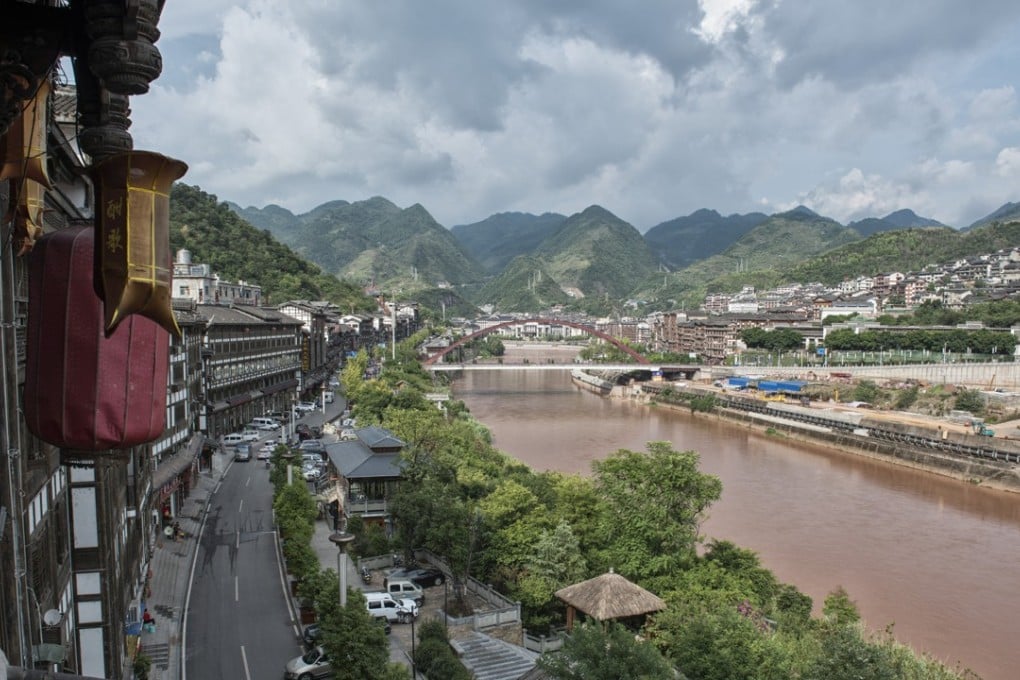Inside fortress Maotai: secrets of China hard liquor that’s rocket fuel for its soft power ambitions
- Breaching a cordon of Chinese soldiers, we see inside the distillery of Kweichow Moutai, top producer of China’s most famous liquor

Visitors detect Maotai, nestled on the slopes of a tiny valley in the north of Guizhou province, long before they see the small town. The stench from its fermentation tanks is carried on the wind, and is so pervasive that locals do not even notice it. “What smell?” they ask, with surprise.
Maotai gives its name to China’s most famous liquor, as well as its part publicly traded and part state-owned producer, Kweichow Moutai, which was founded in 1951 with the merger of three distilleries. Maotai is a brand of baijiu (translated literally as “white liquor”), a blend of distilled grains that is the national spirit. It is also the world’s most valuable liquor brand by market valuation.
Despite being a fiery 53 per cent alcohol by volume, Maotai was served at the founding of the People’s Republic of China, in 1949. And during the 1972 summit between China and the United States, Chinese premier Zhou Enlai used the liquor to toast American president Richard Nixon, with the US secretary of state, Henry Kissinger, reportedly announcing, “I think if we drink enough Maotai, we can solve anything.”
This peacemaker is also “a symbol of excellence and opulence”, or so claims the Kweichow Moutai website.
In July, a bottle of 80-year-old Maotai was sold at auction in Hangzhou for 1.7 million yuan (US$245,000). According to Xinhua, industry insiders were disappointed by that figure, which fell far short of the record 10.7 million yuan fetched in 2011 by a rare 1935 Lay Mau edition.
The thirst for Maotai is such that Christie’s has a webpage dedicated to the spirit, to advise bidders from around the world. The auction house’s online guide states, “Collectors are interested in quality, but also in the strong price appreciation for Maotai.”